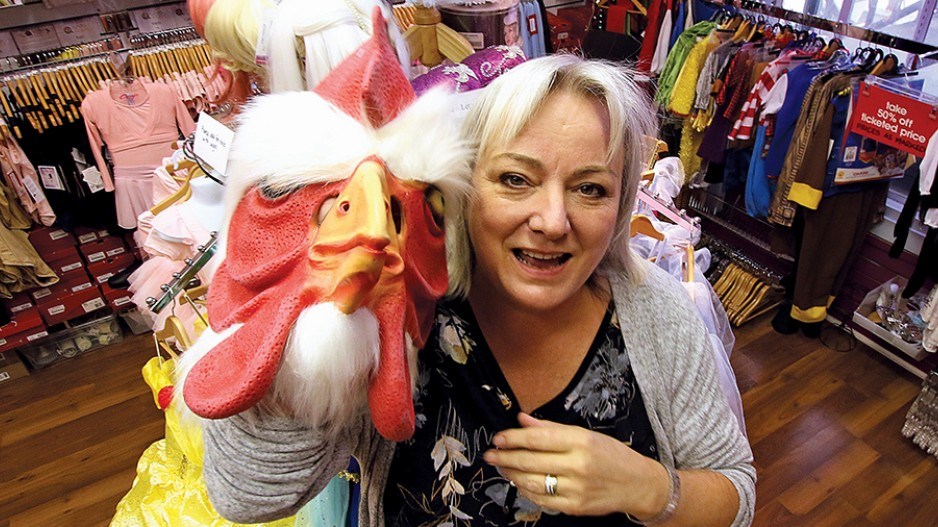Canadians normally spend a total of around $1.4 billion on Halloween, but that outlay is expected to be down considerably this year.
If there is a retail niche where Vancouverites are likely to splurge, it may be on fireworks. That’s because this is the last year that the City of Vancouver will allow individuals to buy fireworks and to set them off within city limits – though it will make exceptions for professionals and those organizing events such as the Honda Celebration of Light.
“There is an industry – a mom-and-pop, pop-up shop industry around fireworks sales,” said Vancouver Coun. Pete Fry, who introduced a 2019 motion to ban fireworks that council passed and then confirmed earlier this year, following a staff report.
“We gave them a one-year grace period, recognizing that these businesses had already bought stock,” Fry told BIV.
He said it was time for a crackdown on fireworks. Imagine, he said, “if somebody were to come to us today, and say, ‘Hey, I’ve got this great idea for an incendiary pyrotechnic device that we can light off, and it’ll start fires, make loud explosions, release toxic gases and, you know, heavy metals, and it’s going to be bad for the environment and scare people and animals.”
The ban goes into effect November 1. Fireworks sellers say the move will either further push sales online, to First Nations that are exempt from bylaws, or to the black market.
“Online sales are booming,” said Phatboy Fireworks operations manager Parm Cheema, who intends to open 13 pop-up shops in Vancouver October 25 through October 31.
“Most of our customers are from Surrey, Burnaby and cities where they are already banned. The only place we can sell them is Vancouver and North Vancouver. We will also have a store in Port Moody and in Kamloops.”
Surveys, however, say that the COVID-19 pandemic is prompting consumers to limit Halloween activities.
Pre-pandemic, a Google (Nasdaq:GOOGL) survey found that about 54% of Canadians, or 16.2 million people, planned to spend an average of $86 on Halloween-related purchases, for a total of about $1.4 billion.
This year, the technology giant found that 62% of Canadians do not plan celebrate Halloween.
The research firm Field Agent similarly found fewer Canadians planning to celebrate Halloween.
Its survey showed the average Canadian household planning to spend 13.6% less on treats – $44.27 this year compared with $51.25 last year.
Field Agent also found that spending on decorations is expected to fall 13% to $34.53, while spending on costumes is expected to fall 11% to $50.66.
Countless costume shops have started to pop up on major streets and in suburban shopping centres.
The Just Imagine … Fun Clothing, Inc. store on Granville Island, which sells costumes year-round, in addition to dance wear and ballet shoes, is also gearing up for what is normally its busiest time of year.
“I would say that we’re down 50% from last year, although our website has been busy,” owner Donna Dobo told BIV.
She built her small business’ e-commerce site many years ago using Texas-based Big Commerce (Nasdaq:BIGC), a competitor to Canada’s Shopify (TSX:SHOP). Like other Vancouver small business owners, she sees online sales as key to stable revenue during the pandemic.
About 20% of Dobo’s revenue comes from online sales, with customers buying components for costumes, as opposed to pre-packaged full outfits. “People tend to come to us for the elements of their costumes, like the wigs and make-up, accessories and masks,” Dobo said. “We have the expertise to advise them on how to put together a unique and original look.”
B.C. provincial health officer Bonnie Henry on October 19 called trick-or-treating “relatively low risk,” because it takes place outside, but stressed that precautions remain necessary.
“This is not the year [when] we’re going to have hundreds of kids going to hundreds of houses in large groups,” she said. “That can’t happen this year. This has to be Halloween in the time of a pandemic, and for many families that will mean staying at home.” •




